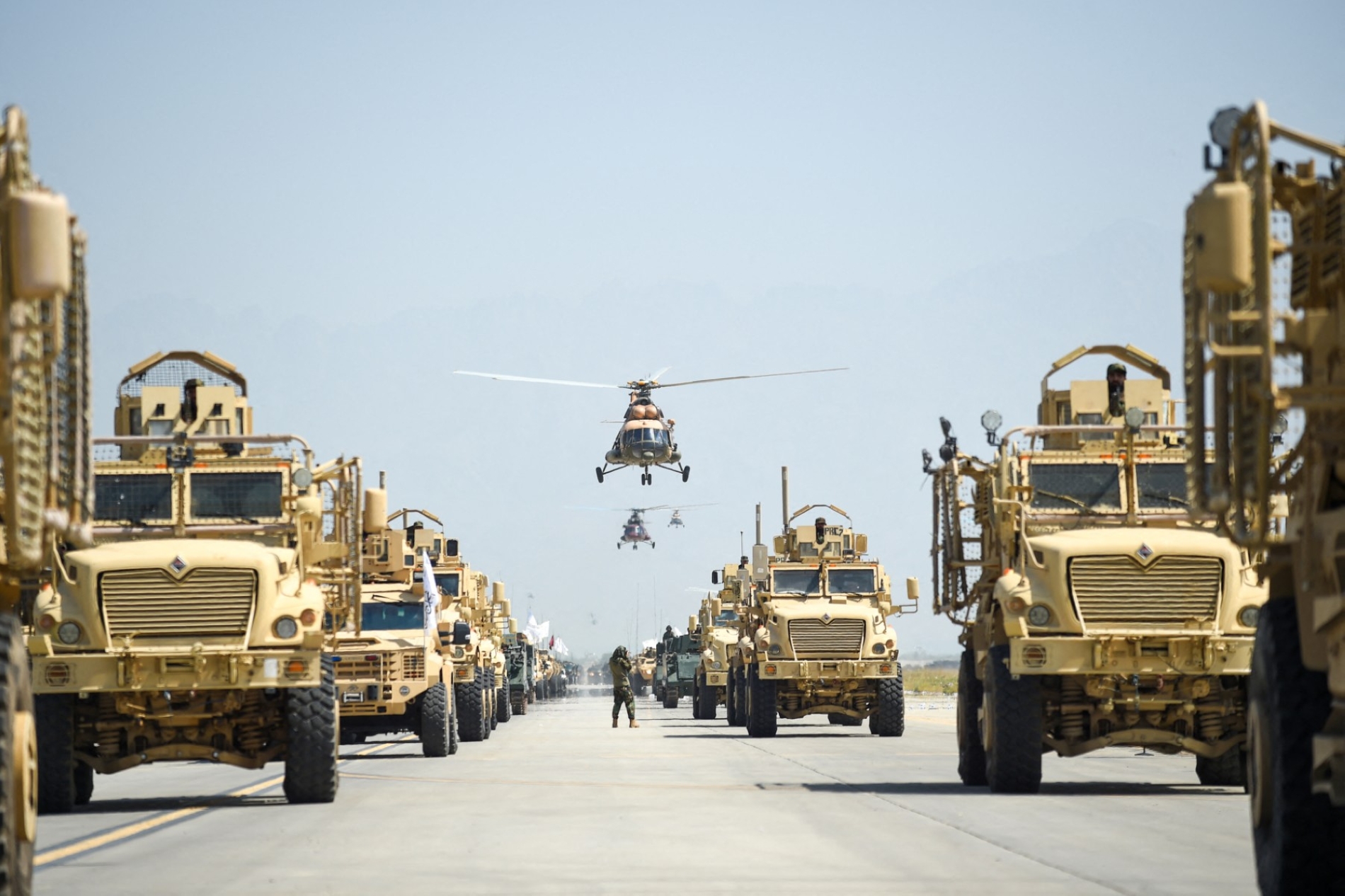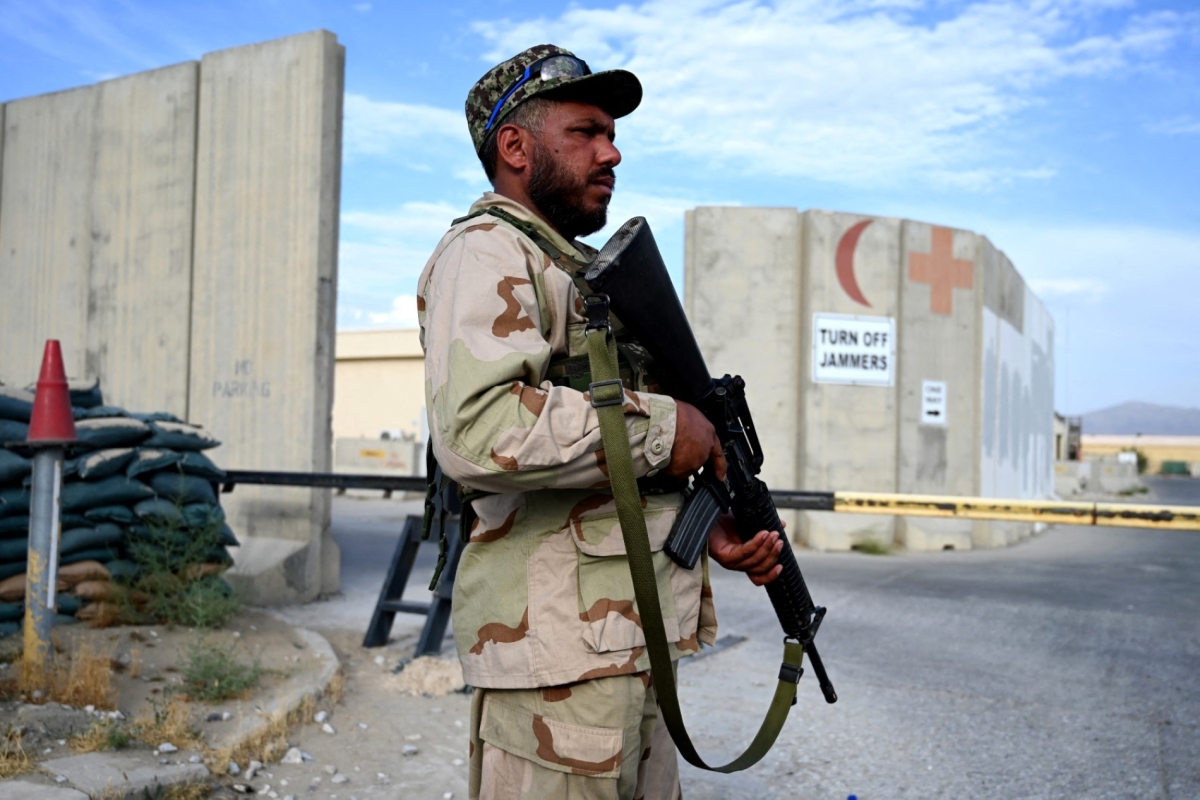A huge two-runway airbase in the Afghan mountains that was first built with Soviet help and later extended by the Americans, Bagram has once again been in the news of late, because of several comments US President Donald Trump has made.
During his first presidential term in November 2019, he flew into Bagram Air Base in Afghanistan, just north of the capital Kabul, to celebrate Thanksgiving with US troops. He hinted that the Taliban wanted to “do a deal”. At the time, there were 12,000 troops at the base. Within two years, all had left. By the summer of 2021, it was back under Taliban control.
Now in his second presidential term, he hankers for its return. At a meeting with British Prime Minister Sir Keir Starmer last month, he said: “We gave it to them (the Taliban) for nothing. We want that base back.” Two days later, he repeated the sentiment on social media, this time suggesting that “bad things” would happen if it were not returned.
As with other countries in his sights, the root interest appears to be minerals and logistics. As part of this, he has removed sanctions on key Taliban ministers and dispatched former diplomat Zalmay Khalilzad to bring back missing Americans.
The key US strategy is to keep Afghanistan out of the Moscow-Beijing orbit, but in the Russian capital last week, that appeared to backfire, when officials from Russia, India, Pakistan, China, Iran, Kazakhstan, Tajikistan, Uzbekistan and Kyrgyzstan joined their Taliban counterparts in ruling out foreign control of military bases inside Afghanistan. They did not name the US and Bagram, but it was more than clear what they meant.

Sore point
Some of Trump’s team have served in Afghanistan, including his Defence Secretary Pete Hegseth and UN ambassador Mike Waltz. Many veterans of the war in Afghanistan are aggrieved that—despite the many American lives lost and billions of dollars spent—Russian and Chinese companies are about to start extracting the country’s valuable rare earths. Kabul points to Russia’s official recognition of the Taliban as Afghanistan’s legitimate government—a move neither Washington nor any European capital has thus far mirrored.
Russia’s main allies in central Asia—including Turkmenistan, Kazakhstan and Uzbekistan—have all stepped up diplomatic and economic activity with Kabul in recent months. Alongside trade deals, logistical routes are also being set up. India has just invited the Taliban foreign minister for a first official visit, as New Delhi lines up its official recognition of the government in Kabul. Neither India nor Russia is a stranger to Afghanistan and the surrounding area.
Over three centuries, Russia has fought for control and influence, including against the British Empire for most of the 19th century, in what was dubbed "the great game" by British journalist and author Peter Hopkirk in a book of the same name. The value comes down to Afghanistan's location—connecting Central Asia with South and East Asia.












